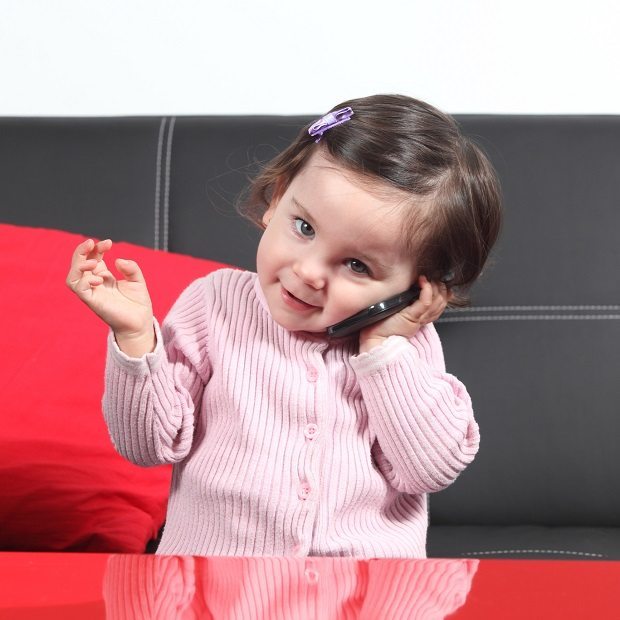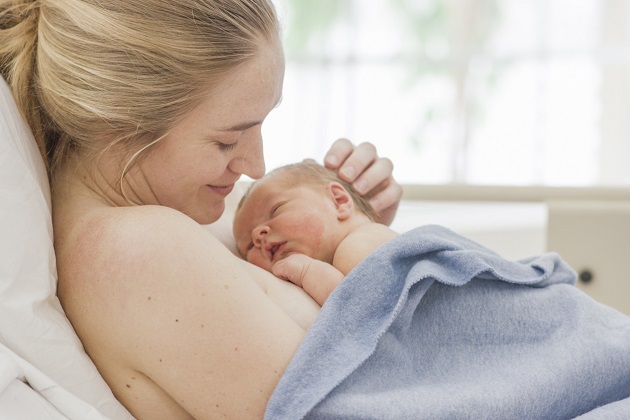Out of all developmental timelines, speech can cause parents the most stress. Here’s a loose guide to what to expect as your child gets older.
Everyone knows one mother who is convinced her child is a genius and generally that genius will be expressed in terms of speech. “Baby Einstein was speaking in full sentences by his first birthday!” Statements like this are destined to leave mums feeling inadequate and worried – why is my child still grunting while others are speaking proper coherent words?
First of all, every child develops at a different rate. If you are genuinely worried, talk to your GP or public health nurse. Otherwise, take a look out at our rough guide to what to expect when it comes to speech and remember this is just a guide.
Birth to three months:
Crying is the main communication. As you get to know your baby, and he you, you’ll be able to distinguish between a hungry and a tired cry.
Three to six months:
As your baby develops, you’ll start to hear more varied sounds, apart from standard cooing. You’ll also start hearing vowel sounds and she might start making her voice rise and fall, usually in response to your talking and facial expressions. By
the time your baby is six months old, your baby should be making sounds – talk to your doctor if not.
Six to 12 months:
This is the stage in which your baby starts to babble. He’ll start putting sounds together and might even have pretend conversations with you in baby talk.
12 to 14 months:
Usually says her first word. This quickly rises to a range of about five. “No” will probably figure largely. If your child hasn’t said her first word by 16 months, talk to your GP.
14 to 18 months:
Your child will start saying some form of “mum” to get your attention. Can understand simple questions and nod and shake head. Vocabulary of between five and 20 words.
18 months to two years:
Starts putting words together to make basic sentences. Your toddler will start saying new words on almost a daily basis.
Two to three years:
Your child now can usually carry on a simple conversation with someone she feels comfortable with. Sentences may have lots
of pauses, but they are easily understood. She may be able to say k, g, f, t, d, and n sounds. If your child is repeating your question rather than answering you by her third birthday, talk to your doctor.
Three to four years:
Children of this age can generally speak full sentences of four of five words. They will be curious and their favourite words will be who, what, why and where. They will be able to talk about what they did at playdates or preschool. It’s normal for children
of this age to trip up in their words as they try to talk too quickly. If he develops a stutter or grimaces or tenses his jaw while talking, talk to your doctor.
Four to five years:
Your child is ready for school and can communicate easily, using sentences to describe something with most sounds in place. The sounds, th, r and l may still prove difficult.
maternity & infant
Originally posted 2016-01-11 16:34:44.









